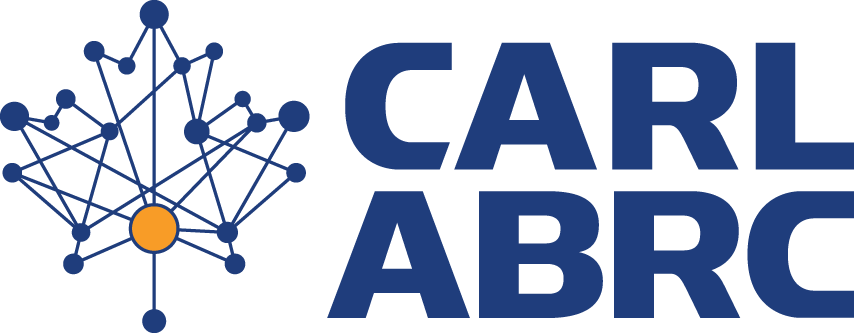Advancing Research Committee
The Advancing Research Committee develops CARL positions, priorities, and initiatives that collectively aim to foster a sustainable scholarly research ecosystem in Canada.
Working Groups
Communities of Practice
Canada’s research libraries play pivotal roles in the creation and long-term stewardship of the scholarship produced at universities—whether new faculty publications or the research data upon which new scholarship is built. They also provide access for students, faculty, and researchers to the world’s information resources. CARL supports the critical enabling role of libraries in research and scholarship.
CARL aims to support the advancement of research by:
- Fostering new knowledge creation and sustainable scholarly communication, including open access, and encouraging the role of the library in publishing;
- Facilitating collaboration to create, acquire, share, and preserve Canada's research resources;
- Leading, developing, and deploying research data management initiatives.
Institutional Repositories
CARL supports the development of institutional repositories in Canada through various initiatives, including Scholaris, a national platform that aggregates Canadian research outputs to enhance their visibility and discoverability (currently overseen by the Shared Repositories Infrastructure Advisory Committee). CARL collaborates with OpenAIRE to ensure Canadian repositories align with international open access standards and practices. It has also created an Inventory of Canadian Repository Platforms to provide a comprehensive overview of the tools and platforms used by Canadian institutions. Additionally, CARL fosters collaboration and knowledge-sharing through the Canadian Repositories Community of Practice, a network for repository managers and practitioners to share expertise and best practices.
Scholarly Communication
CARL’s work in scholarly communication focuses on promoting an open, sustainable, and effective system for the creation, evaluation, dissemination, and preservation of research. Central to this effort is the promotion of open access, which enhances the dissemination and longevity of scholarly works. In 2017, CARL released the Scholarly Communications Roadmap, outlining strategic activities to foster positive change in this area. Current areas of activity include advocating for open access, supporting sustainable publishing models, providing information for authors, and fostering communities of practice in bibliometrics & research impact, and library publishing.
Preservation Initiatives
CARL plays a vital role in preserving Canada’s digital scholarly record, coordinating efforts across libraries and memory institutions to protect both print and digital materials. CARL supports the coordinated preservation of print copies through initiatives like North: The Canadian Shared Print Network, which consolidates print collections and ensures long-term access to Canadian materials. This work builds on efforts such as the @Risk North events, which bring together stakeholders to discuss preservation strategies. In digital preservation, CARL’s Digital Preservation Working Group (DPWG) develops strategies for the long-term stewardship of digital records, while the Canadian Web Archiving Coalition (CWAC) (now inactive) focused on preserving web-based content.
Research Data Management
Research Data Management (RDM) is essential for ensuring that research data remain accessible, reusable, and verifiable. Recognizing the need for a national approach, CARL played a key role in developing the Portage Network (archived), which advanced RDM capacity in Canada and has since become part of the Digital Research Alliance of Canada. Through initiatives such as the Federated Research Data Repository (FRDR), Borealis, Lunaris, and the DMP Assistant, researchers have access to secure, bilingual tools and platforms that support data planning, sharing, and preservation, strengthening Canada’s research ecosystem.

